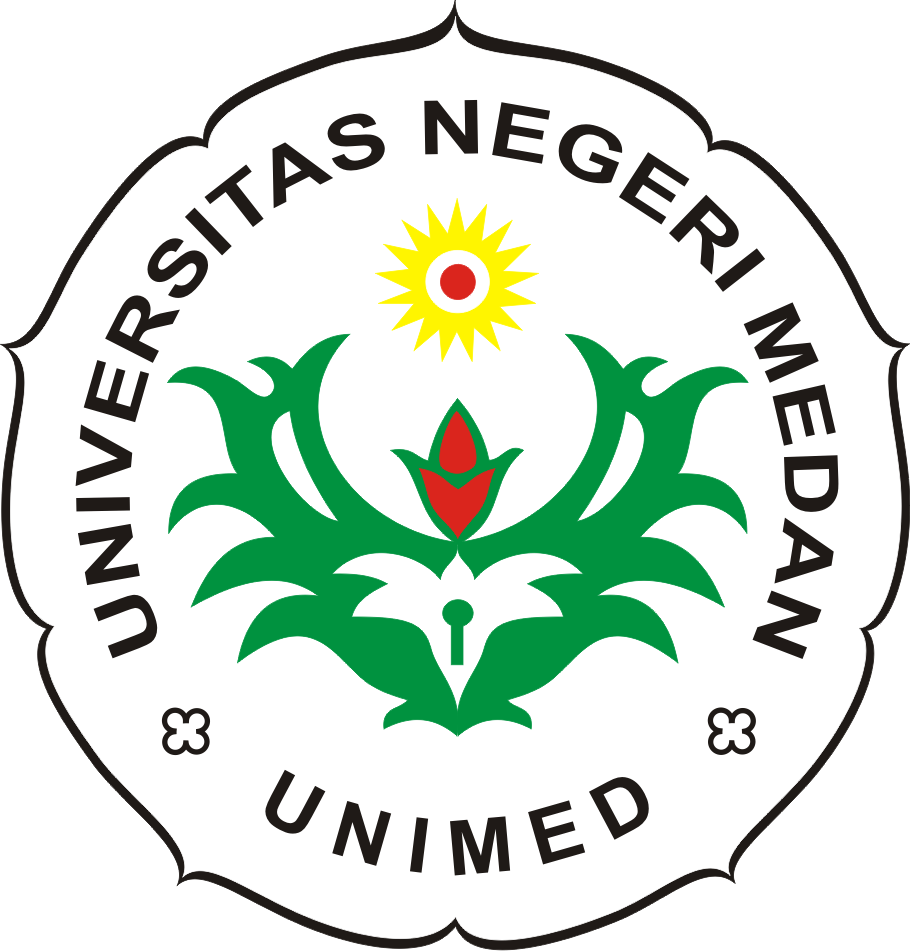TEACHERS™ QUESTION BASED ON HOTS (HIGHER ORDER THINKING SKILLS) AT GRADE XI STUDENT AT SMKS 2 PRAYATNA MEDAN
DOI:
https://doi.org/10.24114/reg.v9i4.24668Abstract
TEACHERS™ QUESTION BASED ON HOTS (HIGHER ORDER THINKING SKILLS) AT GRADE XI STUDENT AT SMKS 2 PRAYATNA MEDAN *Muhammad Hamdi Ali Hakim. **Prof. Dr. Sumarsih, M.Pd. **Rika, S.Pd., M.Hum. ABSTRACT Hakim, Muhammad Hamdi Ali.Registration Number: 2153121024. Teachims™ Question Based On Hots (Highim Order Thinking Skills) at Grade XI Student at SMKS 2 Prayatna Medan. A Thesis. English Education Study Program, Medan State University, 2020. In learning progress, question take an important part, questions as the bridge between student and teachim which is connecting both of them to make the atmosphere in the classroom more active and meaningfull. Question also have been used as a tool to evaluate the student knowledge.Teacher usually use examination to evaluate students skill especially in final examination. This research is focused on the importants of reading skill of higher order thinking skill. The objective of this research is to find empirical evidence of the distribution of thee higher order thinking skill based on the Bloom™s Taxonomy in reading qustions. The researcher used analysis method because the researcher identifies specified characteristics of the material in the examination paper. Furthemore, the data collected are qualitative data because the data are collected in the form of words, which are the reading questions. The reading question in school final examination used as data. The result of distribustion of highim order thinking obtains 10 of 23 reading question with 7 analyze, 3 Evaluate and 0 Create. The composisiton of higher order thinking skill in final examination quite low. Keywords: question, reading, bloom™s taxonomy, higher order thinking skillDownloads
Published
Issue
Section
License
Authors who publish with this journal agree with the following terms:
- Authors retain copyright and grant the journal right of first publication with the work simultaneously licensed under a Creative Commons Attribution License that allows others to share the work with an acknowledgment of the work's authorship and initial publication in this journal.
- Authors are able to enter into separate, additional contractual arrangements for the non-exclusive distribution of the journal's published version of the work (e.g., post it to an institutional repository or publish it in a book), with an acknowledgement of its initial publication in this journal.
- Authors are permitted and encouraged to post their work online (e.g., in institutional repositories or on their website) prior to and during the submission process, as it can lead to productive exchanges, as well as earlier and greater citation of published work (See The Effect of Open Access).
- This work is licensed under a Creative Commons Attribution-ShareAlike 4.0 International License.






